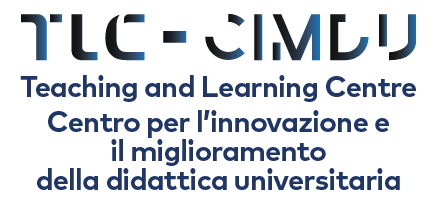Degree course in BUSINESS LEGAL CONSULTANT (Codice 2146)
Web site Degree course in BUSINESS LEGAL CONSULTANT
Educational objectives
The course provides university-level knowledge and understanding (including the ability to read and understand advanced and updated texts) in the following three fields: a) legal; b) business-economic; c) management engineering (principles). To be more concrete, graduates of this course should be able to:
a) choose the most appropriate legal form for starting a business; apply for the necessary administrative permissions/concessions; register the activity in the competent offices; get a VAT number; hire their own employees, conclude contracts for the supply of goods and services, conclude contracts for the sale of goods and services, etc .;
b) plan their activities from an economic-financial point of view; determine the extent of the necessary capital; choose the best ratio between equity capital and borrowed capital; enable a proper system of solvency and cost controls;change in time their entrepreneurial formula; rearrange the factors of production in response to changing market needs;
c) use technology, especially information technology, as a productive factor; use technology for the supply of raw materials and/or for the sale and distribution of their products and/or services (e-procurement, e-commerce, etc.); assess whether and to what extent it is convenient to do research and development within the company and beyond which point would not be better to conclude synergies with universities or other research centers according to the model of so-called open innovations.
Professional opportunities
Profile: Legal consultant in business management functions: The course, in the legal area, aims to provide students with an interdisciplinary education combining legal knowledge with business backgrounds and management engineering references.Therefore it is expected that graduates:
a) know, interpret and apply the Italian and European Union law and possess enough basics of international and comparative law to conclude international agreements;
b) know how a company works, from an economic and financial standpoint, are able to read and write a budget, a business plan as well as to control management economy and solvency; c) are able to organize efficiently and effectively the factors of production and to ensure the success of the company through a conscious combination of internalisation or outsourcing of one or more stages of production or distribution process, or through the choice of partial or total relocation of activities.
Skills: Graduates can carry out activities requiring an interdisciplinary education based on:
a) legal skills;
b) business skills;
c) organizational and management basic principles.
Final examination features
To obtain the degree, students must have acquired 180 credits including those relating to the final examination (6 credits). The final examination consists of a written or oral test, in accordance with the rules fixed every year by the Degree Course Regulations for the final examination, respecting and consistent to the calendar, the ministerial requirements and to the relevant Guidelines of the University.





























